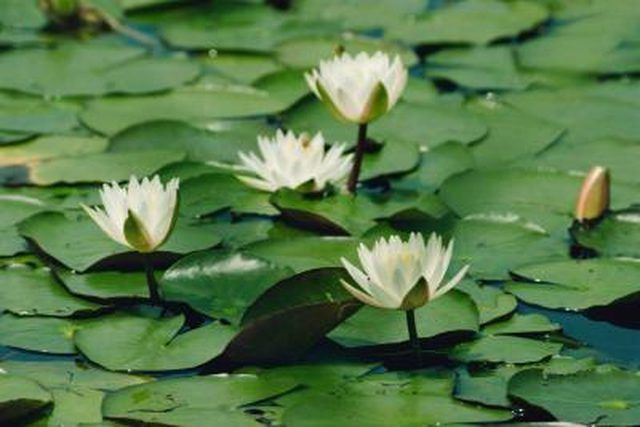Bulbs
Flower Basics
Flower Beds & Specialty Gardens
Flower Garden
Garden Furniture
Garden Gnomes
Garden Seeds
Garden Sheds
Garden Statues
Garden Tools & Supplies
Gardening Basics
Green & Organic
Groundcovers & Vines
Growing Annuals
Growing Basil
Growing Beans
Growing Berries
Growing Blueberries
Growing Cactus
Growing Corn
Growing Cotton
Growing Edibles
Growing Flowers
Growing Garlic
Growing Grapes
Growing Grass
Growing Herbs
Growing Jasmine
Growing Mint
Growing Mushrooms
Orchids
Growing Peanuts
Growing Perennials
Growing Plants
Growing Rosemary
Growing Roses
Growing Strawberries
Growing Sunflowers
Growing Thyme
Growing Tomatoes
Growing Tulips
Growing Vegetables
Herb Basics
Herb Garden
Indoor Growing
Landscaping Basics
Landscaping Patios
Landscaping Plants
Landscaping Shrubs
Landscaping Trees
Landscaping Walks & Pathways
Lawn Basics
Lawn Maintenance
Lawn Mowers
Lawn Ornaments
Lawn Planting
Lawn Tools
Outdoor Growing
Overall Landscape Planning
Pests, Weeds & Problems
Plant Basics
Rock Garden
Rose Garden
Shrubs
Soil
Specialty Gardens
Trees
Vegetable Garden
Yard Maintenance
What Eats Water Lilies?
What Eats Water Lilies?. Water lilies are flowering, aquatic plants that come in a variety of bloom colors. Water lilies depend on visiting insects to pollinate flowers. However, some insect pests attack water lilies. Several animals also like eating these plants.

Water lilies are flowering, aquatic plants that come in a variety of bloom colors. Water lilies depend on visiting insects to pollinate flowers. However, some insect pests attack water lilies. Several animals also like eating these plants.
Types
The black aphid and aquatic leaf beetle both feed on water lilies, according to Colorado State University Extension. Animals such as beavers, ducks and deer also eat parts of the water lily. Fish, such as grass carp, sometimes eat water lilies as well.
Importance
Aphids suck sap from plant tissue, leaving water lilies yellow or brown with distorted shapes. Aquatic leaf beetles chew holes in the leaves, causing stippling. Larger animals eat water lily leaves, seeds or roots. Heavy feeding that removes most of the leaf may damage water lilies, especially over the course of two to three years.
Considerations
In a pond garden, keep aphids at bay by spraying lilies with a strong stream of water. Remove aquatic leaf beetle larvae by hand. In both cases, remove severely infested plants to avoid spreading. Put up fencing or plant additional preferred plants as a deterrent to other animals. Contact your local county extension agency or department of natural resources regarding trapping, removing or killing larger water garden pests, such as the muskrat.